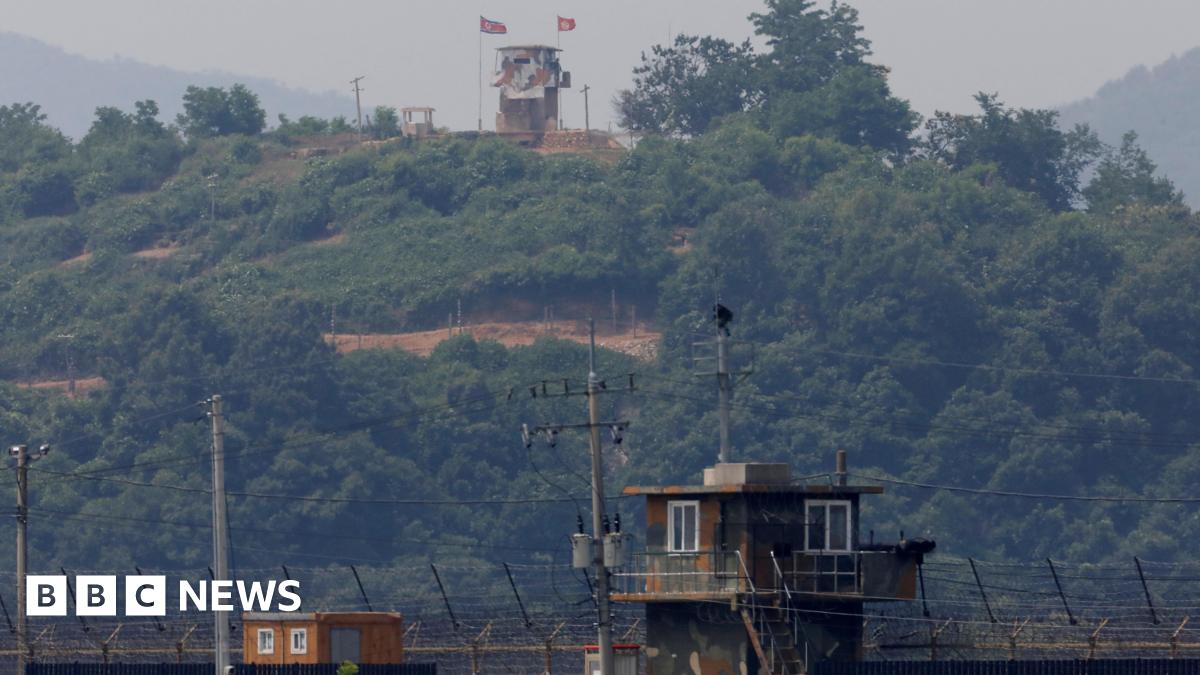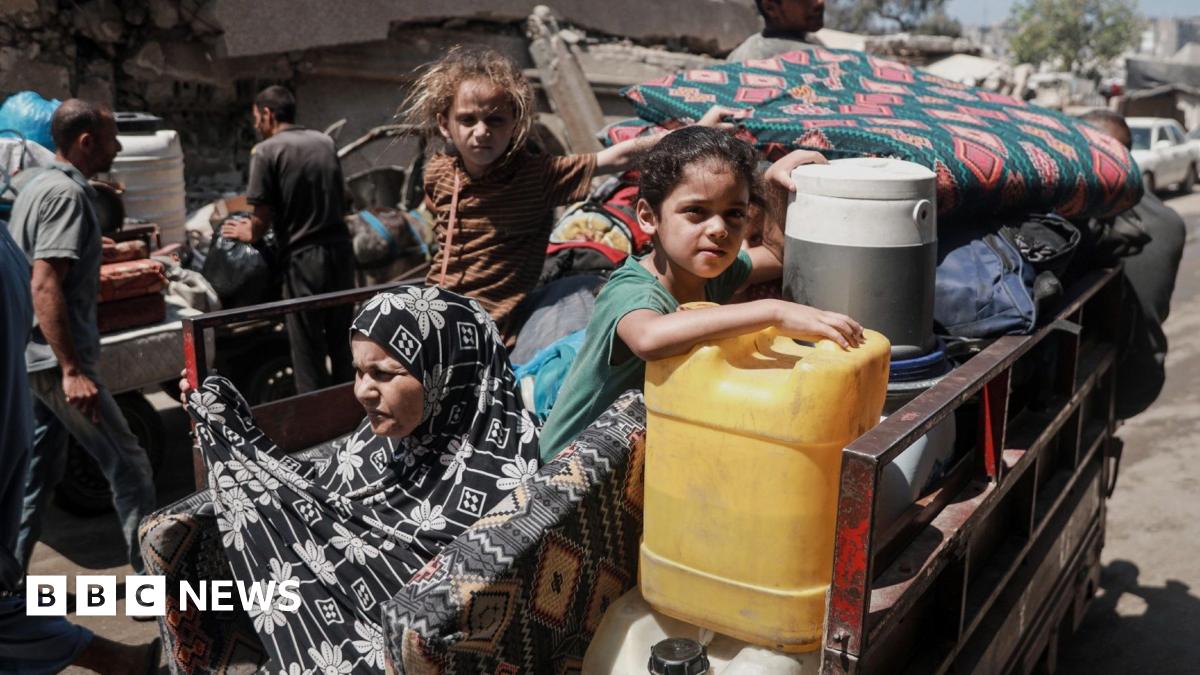Tensions Flare: South Korea Fires Warning Shots at North Korean Troops Near Demilitarized Zone

South Korea and North Korea Exchange Accusations After Border Incident
Seoul, South Korea – Tensions along the Korean Demilitarized Zone (DMZ) have escalated after South Korean forces fired warning shots at North Korean soldiers who briefly crossed the border earlier this week. The incident, which occurred within the Joint Security Area (JSA), has prompted a swift and heated response from Pyongyang, who labelled the action a “deliberate provocation” and warned of potentially “uncontrollable” rising tensions.
According to South Korean military officials, the warning shots were fired after a group of North Korean soldiers ventured across the border while conducting routine drills. The soldiers reportedly retreated back into North Korean territory after the shots were fired. While no injuries were reported on either side, the incident highlights the precarious and volatile nature of the border region.
A History of Border Disputes
The DMZ, established after the Korean War armistice in 1953, remains one of the most heavily fortified borders in the world. Despite the armistice agreement, skirmishes and violations of the border have occurred sporadically over the decades. These incidents often serve as a reminder of the unresolved conflict and the ongoing threat of renewed hostilities.
Pyongyang's Reaction and Accusations
North Korean state media swiftly condemned South Korea's actions, characterizing the warning shots as a reckless and provocative act. A statement released by the North Korean government accused Seoul of deliberately escalating tensions and risking a catastrophic outcome. They further alleged that the incident could trigger “uncontrollable” circumstances, suggesting a potential for further military action.
International Concerns and Diplomatic Efforts
The incident has drawn concern from the international community, with calls for restraint and dialogue to prevent further escalation. Diplomatic efforts are underway to de-escalate the situation and facilitate communication between the two Koreas. However, the deeply entrenched mistrust and historical animosity between the two nations pose significant challenges to any meaningful progress.
Looking Ahead: A Fragile Peace
This latest incident underscores the fragility of peace on the Korean Peninsula. While both sides have expressed a desire for stability, the risk of miscalculation and accidental conflict remains a constant threat. The need for clear communication channels, robust de-escalation mechanisms, and renewed diplomatic engagement is more critical than ever to prevent a recurrence of such incidents and ultimately achieve a lasting peace.






